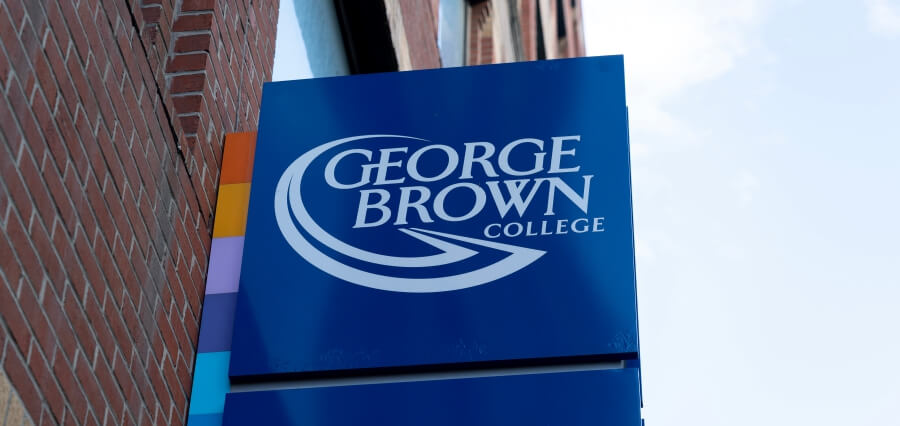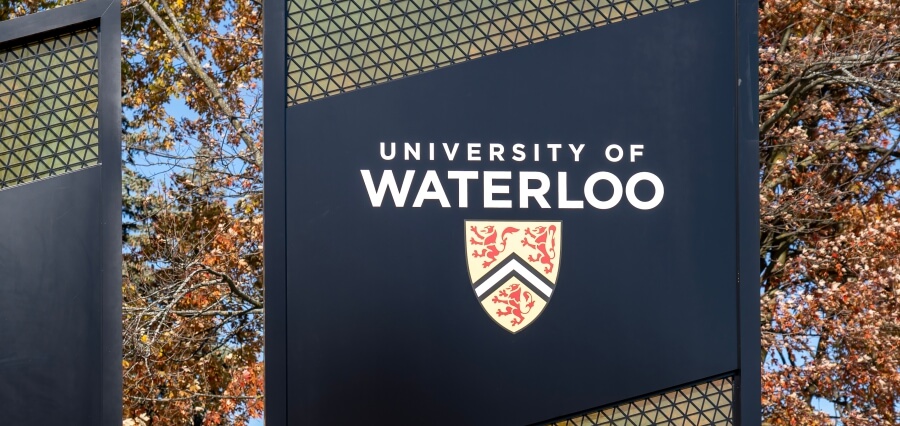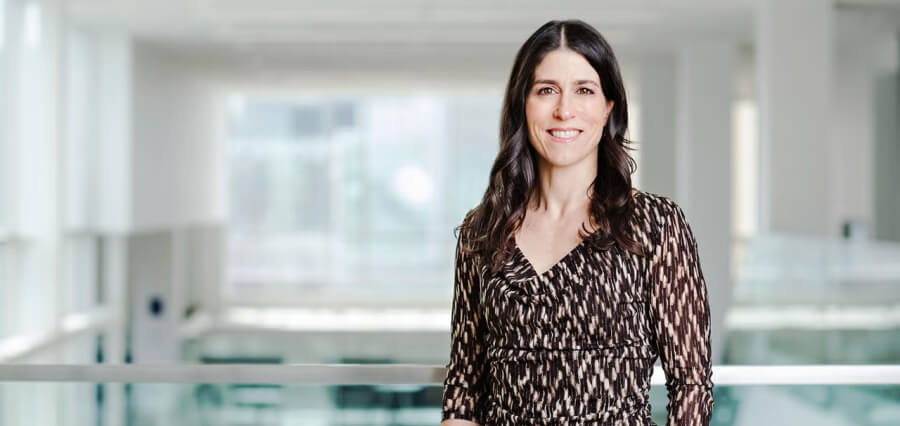On 20 November 2024, Concordia University announced a landmark commemorative public history to mark its 50th anniversary. Launching the initiative, hosted at 4TH SPACE, consisted of three essential parts: the collection book entitled Concordia at 50: A Collective History, its corresponding oral histories that make up the content, and a timeline set on a web-based timeline which detailed the historical progress of the university across five decades.
The project was initiated by lead editor and professor of Communication Studies Monika Kin Gagnon along with co-editor and historian Brandon Webb. Gagnon gave insight to the obstacles and rewards involved in editing the anthology as a rock and roll production.” Steven High, Professor of History, leads a team for oral history aspects of the work. Steven praised the two leaders stating that had not the expertise and leadership by Gagnon and Webb, it would not be possible for this collection. High humorously likened their efforts to “herding cats,” highlighting the complexity of assembling a multi-authored work.
Anne Whitelaw, Provost and Vice-President of Academic Affairs, spoke about the project’s origins. She explained that the idea was born out of a conversation with then-University Librarian Guylaine Beaudry. The book would not be a traditional chronological history of Concordia but rather a history that would capture the spirit of the university. Whitelaw underlined the importance of a multi-authored volume to reflect the diversity of experiences and perspectives that define Concordia’s dynamic community.
The collection, titled Concordia at 50, features contributions from staff, alumni, faculty, graduate students, and postdocs. Gagnon described it as a “rich, complex, multifaceted polyphony of stories,” which offers a spectrum of perspectives from Concordia’s diverse community of 57,000 people. Webb, co-editor, added that the project was designed to spark an ongoing conversation about the university’s history, acknowledging that historical narratives are never complete but continuously evolve.
Oral histories by Piyusha Chatterjee and Steven High stand out as one of the strongest features of this project. High pointed to how some of these interviews, sometimes going up to three hours long, give deep insight into experiences of people shaping the university while touching on aspects of activism, gender boundaries, and the nomenclature of the university as Concordia itself. The oral histories then breathe life into the history of the university in personal narratives accompanying the records found in the archives.
The digital timeline, compiled by Concordia’s Archives team led by Eric Côté, aggregates more than 700 entries of the significant events that took place in the university’s history. Not all of them could be included, but Côté assured attendees that the project was a broad representation of Concordia’s evolution. Jason Camlot, professor in the Department of English, spoke to the book and timeline, “This project is an embodiment of collaborative research methods that are characteristic of Concordia’s academic culture. High reiterated the same idea, suggesting that
freedom to engage with challenging as well as everyday stories makes the community vibrant in university settings.
Read Also: Welsh Tuition Fees Set to Increase by Nearly £300






